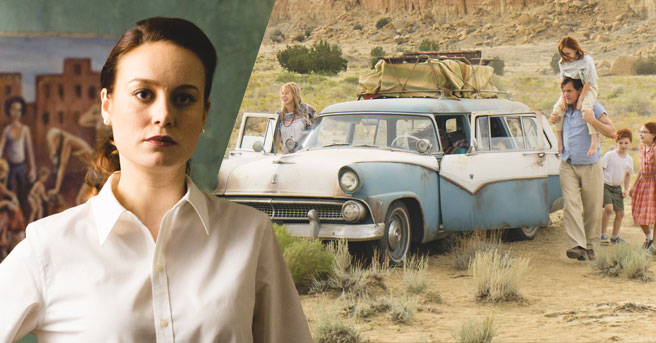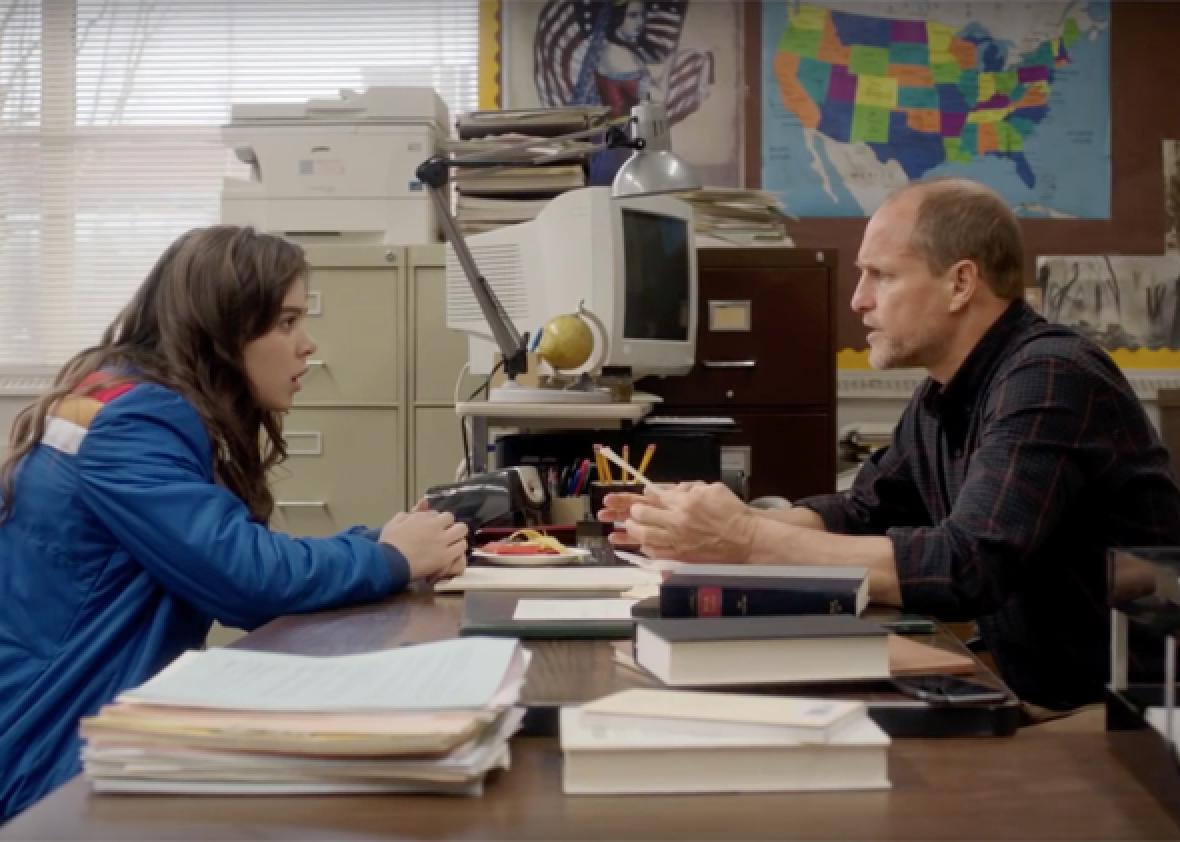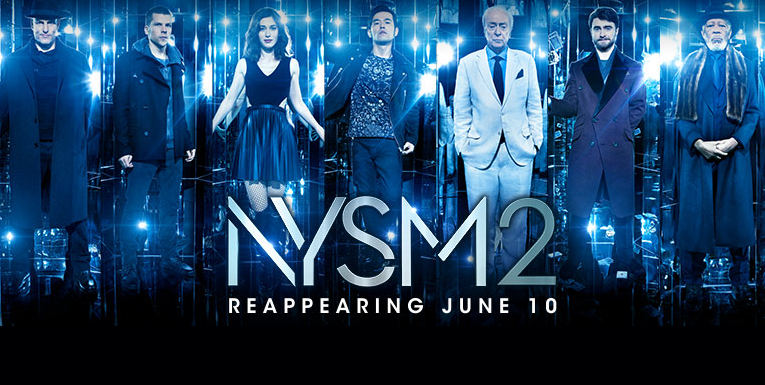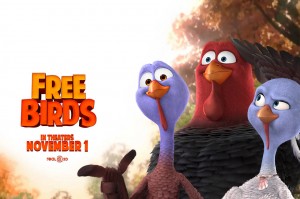The Glass Castle
Posted on August 10, 2017 at 5:41 pm
B +| Lowest Recommended Age: | High School |
| MPAA Rating: | Rated PG-13 for mature thematic content involving family dysfunction, and for some language and smoking |
| Profanity: | Some strong language |
| Alcohol/ Drugs: | Smoking, alcohol and alcohol abuse |
| Violence/ Scariness: | Domestic violence, child badly burned in a cooking accident, child neglect and endangerment |
| Diversity Issues: | None |
| Date Released to Theaters: | August 11, 2017 |
| Date Released to DVD: | November 6, 2017 |
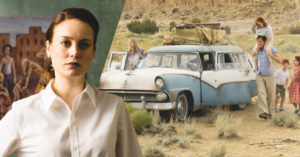
In her 1986 best-seller, Necessary Losses, author/poet Judith Viorst talks about the beliefs each of us has to give up in order to move forward. The first and in some ways the most difficult is the understanding that our parents are not all-powerful and all-knowing, and that they cannot kiss all of our hurts and troubles away forever. Some of those realizations are worse than others. Most of us, I hope, do not have to give up on the idea that our parents at least want to take care of us and that they do their best. But parents who neglect or abuse their children take away something worse than food and safety; they take a child’s senses of trust and pride.
And so “The Glass Castle,” based on the best-selling memoir by Jeannette Walls, begins with Walls, a sophisticated, elegant, and successful New York journalist (Oscar-winner Brie Larson) on her way home in a cab after dinner in an expensive restaurant with her fiance and his prospective client, seeing her parents dumpster diving. They were homeless.
And so, we go back in time to see her as a very young child, telling her mother, Rose Mary (Naomi Watts) she is hungry. “Would you rather me make you some food that will be gone in an hour or finish this painting that will last forever?” It is a rhetorical question. Young Jeannette (Chandler Head) toddles over to the stove to make herself some hot dogs. But her dress catches on fire and she is badly burned.
When her father, Rex (Woody Harrelson) decides to take her out of the hospital, without doctor permission and without paying. At this point, Jeannette is still young enough to believe everything her parents tell her, like “our home goes wherever we go.” Rex, probably self-medicating for undiagnosed bipolar disorder, was immensely brilliant and charismatic. The glass castle of the title was the home he kept promising to build the family, and he spent years drawing plans for it. Rex and Rose Mary were less and less able to maintain any kind of stability at the same time that the children became more and more aware of what they were entitled to expect and unlikely to get. Instead of excitedly making plans for the castle, they began pleading with him to stop drinking. And then, when he could not, they decided to take responsibility for themselves and each other.
Writer/director Destin Daniel Cretton worked with Larson in the outstanding “Short Term 12,” which also had themes of abuse, damage, and resilience. He is especially good here in dealing with the challenge of three different performers, some quite young, portraying Jeannette and her siblings, maintaining consistency as they grow up, but using the cinematography to help convey the journey from their glowing memories of childhood, believing in their parents’ view of the world as beneath them, to the grittier life of deprivation and uncertainty. The spot where the glass castle was supposed to be built literally becomes a garbage dump.
What’s wisest and most significant is that the film becomes more than the story of survival. It is really only when Jeannette stops being afraid to tell the truth about herself that she is able to accept the best of what Rex and Rose Mary brought to her life. As Walls — and Viorst — might agree, necessary losses are worth the pain when they lead to the freedom that only comes from being true about and to yourself.
Parents should know that this film concerns the neglect and abuse of children, parents with substance abuse and mental illness problems. It includes smoking, drinking and drunkenness, domestic abuse, a child burned in a fire, strong language, and a sexual situation.
Family discussion: Why did Jeanette decide to tell her story? What was she grateful for receiving from her parents? If there was a movie about your family, who would you like to play you?
If you like this, try: “Running with Scissors,” “The Prize Winner of Defiance, Ohio” (another real-life story with Woody Harrelson as a father with a drinking problem), and “Infinitely Polar Bear,” and the book by Walls

